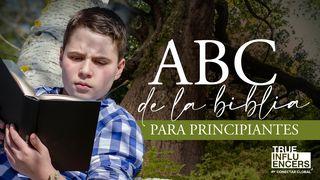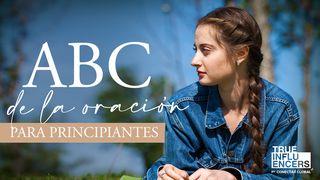The Deeply Formed LifeMuestra

“Racial Reconciliation”
The stories of racial troubles we hear and see seem to be endless. Whether the stories are nationally televised or known only to us, we are regularly weighed down by the destructive ideas and practices that establish subtle and not-so-subtle hierarchies of human value based on skin color.
But we are not without help.
At the core of the gospel is the “making right” of all things through Jesus. In Jesus’s death and resurrection, the world is set on a trajectory of renewal, but God graciously invites us to work toward this future. However, this work is not an individual enterprise; it is one orchestrated by the collected efforts of a new family in the power of the Spirit.
Consider two of the disciples Jesus called: Matthew and Simon the Zealot (see Matthew 10:3–4). Matthew worked for the government; Simon hated the government. Matthew was a tax collector; Simon was a tax protester. Matthew collected revenue for the Romans; Simon was a rebel against the Romans. Matthew was wealthy; Simon was working class. Matthew made a living taking advantage of people like Simon; Simon felt he was called to try to kill people like Matthew.
Despite all these differences, somehow Matthew and Simon were able to remain connected. But it cost them something. Matthew had to stop taking advantage of people like Simon; Simon had to embrace a different vision of revolution. This is the essence of the new family Jesus was creating. Reconciliation community will always cost us something, and in Christ the barriers that separate us can come down in his name.
Beyond the original twelve, Jesus would invite women to be his disciples. He would give the disciples the charge to reach non-Jewish people. The Holy Spirit led the church to see this vision realized as a new family was forged—not based on ethnic or gender identity but through the death and resurrection of Jesus.
"There is neither Jew nor Greek, there is neither slave nor free, there is no male and female, for you are all one in Christ Jesus” (Galatians 3:28).
Search your heart for your own involvement in racial division, and spend time in confession, repentance, and forgiveness.
Acerca de este Plan

As New York pastor Rich Villodas defines it, a deeply formed life is a life marked by integration, intersection, intertwining, and interweaving, holding together multiple layers of spiritual formation. This kind of life calls us to be people who cultivate lives with God in prayer, move toward reconciliation, work for justice, have healthy inner lives, and see our bodies and sexuality as gifts to steward.
More
Planes relacionados

1 Tesalonicenses: Modelos a imitar
Marcas De Un Discípulo

ABC De La Biblia Para Principiantes

ABC De La Oración ... Para Principiantes.

Disciplinas Espirituales

¡Levántate! 7 Claves Para Levantarte Y Seguir.

Y...¡Adoremos!

Que El Mundo Crea

Chispas De Aquí Y De Allá
